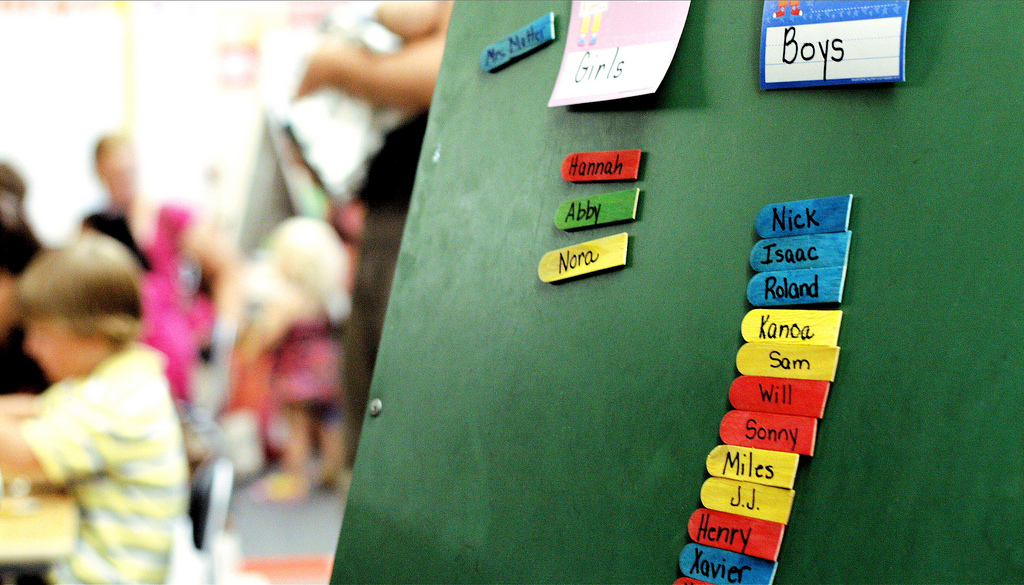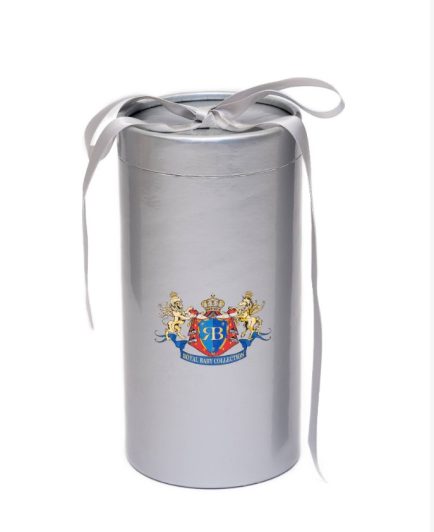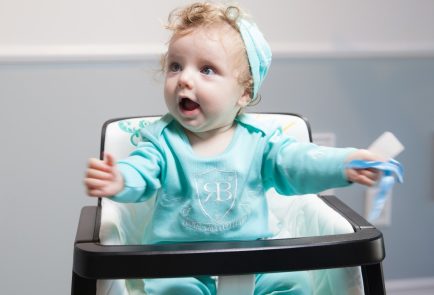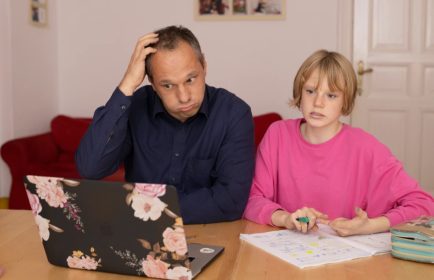Family child care homes can be operated by a single individual out of their home. In most states, the legal age of 18 is only required. There may be occasions when more than one individual cares for children in a family childcare home. This can be a stay-at-home parent who seeks supplemental income while caring for their own child. There are also many family childcare providers who have chosen this field as a profession. Both state and county agency legislation regulate the ratios (number and ages of children) allowed per family child care home. Some counties have more stringent quality standards that require licensing for family child care homes while other counties require little or no regulations for childcare in individuals’ homes. Some family child care homes operate illegally with respect to tax legislation where the care provider does not report fees as income and the parent does not receive a receipt to qualify for childcare tax deductions. However, licensing a family child care home is beneficial for family child care home providers so that they can have access to financial benefits from their state government, or the federal government where they are allowed to accept children from parents who meet the criterion to benefit from the government childcare subsidy funding. Examples of such benefits are: free Professional Development and training courses, Child And Adult Care Food Program (which allows eligible childcare and family childcare home providers to claim a portion of costs relating to nutritious meals served to children), and more.
Family childcare may be less expensive than center-based care because of the lower overhead (lower ratios mean less staff are required to maintain regulated ratios. Many family childcare home providers may be certified with the same credentials as center based staff potentially leading to higher level of care.
Franchising of family child care home facilities attempts to bring economies of scale to home daycare. A central operator handles marketing, administration and perhaps some central purchasing while the actual care occurs in individual homes. The central operator may provide training to the individual care providers. Some providers even offer enrichment programs to take the daycare experience to a more educational and professional level. An example would be Wonderschool, which provides caregivers with a proprietary technology platform, as well as licensing, marketing, and administrative services.
Photo credit: Phil Roeder on VisualHunt.com / CC BY































Comments